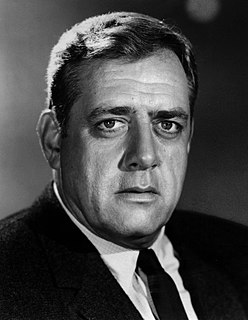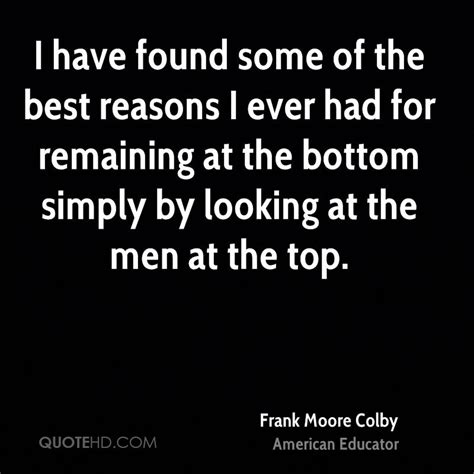A Quote by Joseph Addison
A reader seldom peruses a book with pleasure until he knows whether the writer of it be a black man or a fair man, of a mild or choleric disposition, married or a bachelor.
Related Quotes
There are four types of men in this world: 1. The man who knows, and knows that he knows; he is wise, so consult him. 2. The man who knows, but doesn't know that he knows; help him not forget what he knows. 3. The man who knows not, and knows that he knows not; teach him. 4. Finally, there is the man who knows not but pretends that he knows; he is a fool, so avoid him.
A book is one of the most patient of all man's inventions. Centuries mean nothing to a well-made book. It awaits its destined reader, come when he may, with eager hand and seeing eye. Then occurs one of the great examples of union, that of a man with a book, pleasurable, sometimes fruitful, potentially world-changing, simple; and in a library...witho ut cost to the reader.
If a dog is biting a black man, the black man should kill the dog, whether the dog is a police dog or a hound dog or any kind of dog. If a dog is fixed on a black man when that black man is doing nothing but trying to take advantage of what the government says is supposed to be his, then that black man should kill that dog or any two-legged dog who sets the dog on him.
Every reader, as he reads, is actually the reader of himself. The writer's work is only a kind of optical instrument he provides the reader so he can discern what he might never have seen in himself without this book. The reader's recognition in himself of what the book says is the proof of the book's truth.
My husband, William Sutcliffe, the writer, is my first reader and in many ways my most important. That initial reading of the manuscript is crucial and irreplaceable and you want them to approach it as someone in a bookshop might, not knowing much about it. So I've got into this pattern of not telling Will anything about the book I'm working on. He often knows nothing about the book I'm working on at all until I give him the whole manuscript and ask him to read it. The book I'm working on at the moment he knows nothing about. No one does.
That underscored this idea that when we're reading a book or writing a book, you're in an act of co-creation. The reader and the writer are both trying to dress up and present their best selves and then there's that moment, when suddenly, as a reader, you're not exactly you anymore, and likewise, as a writer, you're not really you.
10 years ago the black man knew what his condition was. And today, because of the world revolution that's taking place all over this earth, the black man would be fighting for what he knows is his by right, but the movement on the part of [Martin Luther] King and the others had done nothing but slow down the militancy that is inherent in the nature of the black man.



































